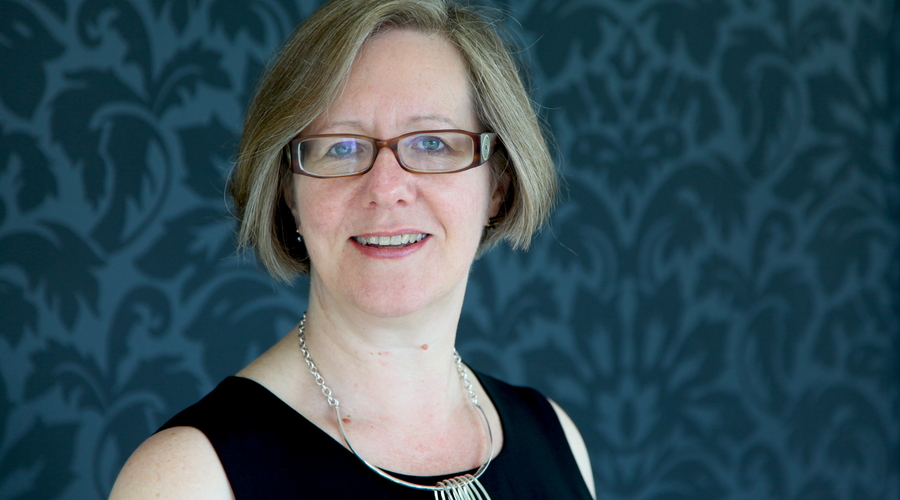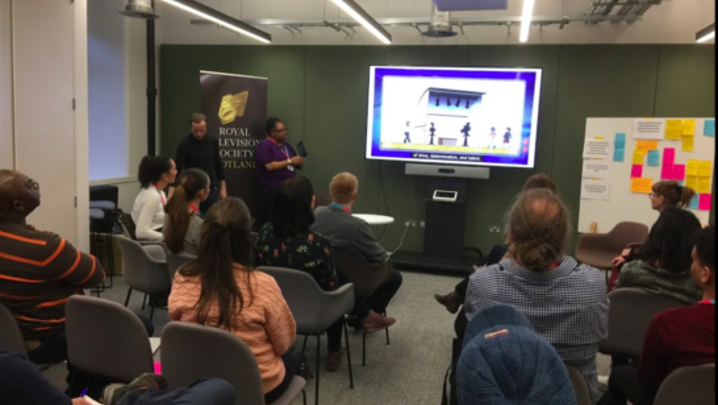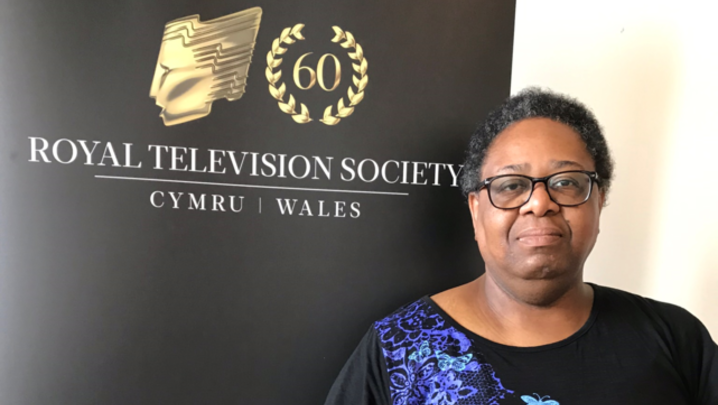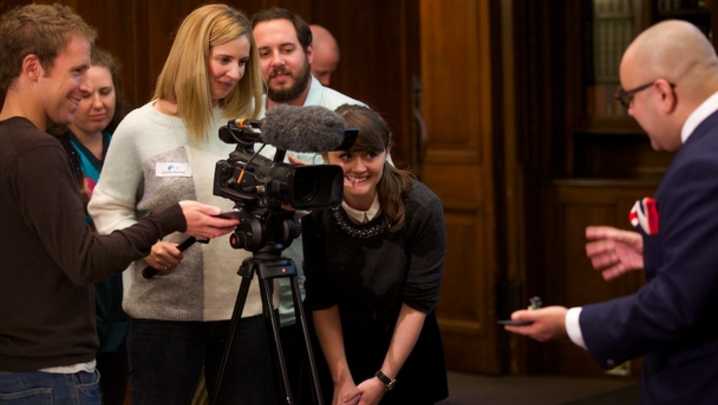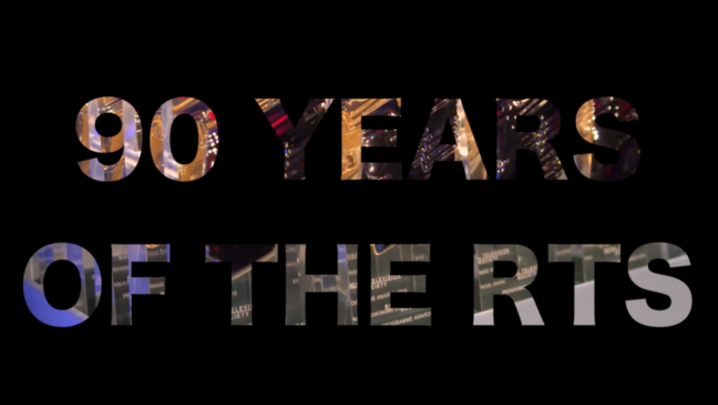The UK television industry is “out in front” on tackling diversity with the launch of an ambitious new diversity monitoring system.
The Creative Diversity Network (CDN) has announced the launch of Diamond, a world-leading monitoring system designed to promote diversity in TV.
Diamond marks the first time accurate, industry-wide data has been gathered to monitor diversity, both on- and off-screen.
CDN’s Executive Director Amanda Ariss told the RTS that “Diversity has been an issue... for a while. We know that there is still a lot to do. […] It’s a real first that organisations who are main competitors [in television] have agreed to monitor diversity on a consistent basis and to publish the results.
“Reporting is an essential part [of Diamond]. We’re not just monitoring for the sake of monitoring. We’re monitoring so that we can actually take more effective, more targeted actions to treat diversity in the industry”
The BBC, ITV, Channel 4 and Sky have worked together with PACT and Creative Skillset to develop the scheme, and Channel 5 are currently looking into coming on board.
“We’d love more broadcasters to get involved,” Ariss added. “We’d love to see other creative industries in this country and other broadcasting industries around the world doing something similar to Diamond.”
Diamond will measure diversity in terms of gender, ethnicity, disability, age, sexual orientation and gender identity, across two separate areas. Firstly it will measure the ‘actual’ diversity of people working on- and off-screen in TV, and secondly it will measure how an audience might ‘perceive’ the diversity of onscreen characters or contributors.
“‘Perceived’ diversity matters because that is what the viewer sees” explains Ariss. “They have no idea about the diversity of the actors as what they see are the characters or the contributors. It is really important to be listening to both the ‘actual’ data and to the ‘perceived’ data.”

Ahead of the launch in Edinburgh, Diamond attracted criticism from trade union BECTU who threatened to boycott the scheme if it does not agree to publish diversity data on a show-by-show basis.
The scheme currently intends to publish data by broadcaster, by genre and by job type, but BECTU believe that this does not go far enough in terms of transparency.
BECTU General Secretary Gerry Morrissey said in a statement: "The Arts Council of England has already adopted our transparency policy and published the equality monitoring data for almost 100 funded clients, and the British Film Institute has agreed to follow suit. The broadcasting industry is now lagging way behind in its approach to diversity. The union cannot support a policy that we believe will not succeed and which has so far failed to address the legitimate and genuine concerns of BAME professionals."
The CDN response is that these areas are planned to be just the start for the scheme, which, CDN Executive Director Amanda Ariss says, aims for ever greater transparency.
She said “I am sure we will move to more fine-grained reporting as the system beds in and we gather more data, but we wanted to get it up and running now. We don’t want the perfect to be the enemy of the good.”
“In the short term we are going to be collecting data on thousands of hours of programming and it will be difficult to report on all of those.”
She said that she was keen to work together with BECTU to reach a solution as both organisations were fighting for the same thing: diversity.
CDN are urging all TV professionals to take part in the scheme. Ariss adds “television would benefit hugely in terms of innovation and creativity from increasing the diversity of the workforce onscreen and behind the camera. This is just one small thing that every person in the industry can do to make a contribution to building diversity. Just take 5 minutes to make a difference on diversity.”
You can find out more information on the CDN Diamond website.
Images courtesy of Creative Diversity Network

